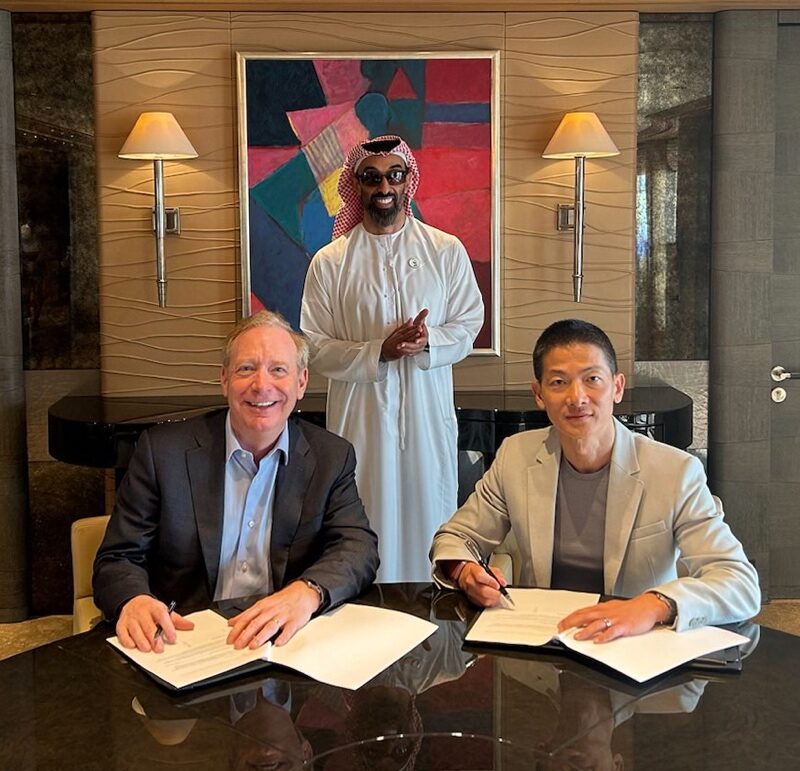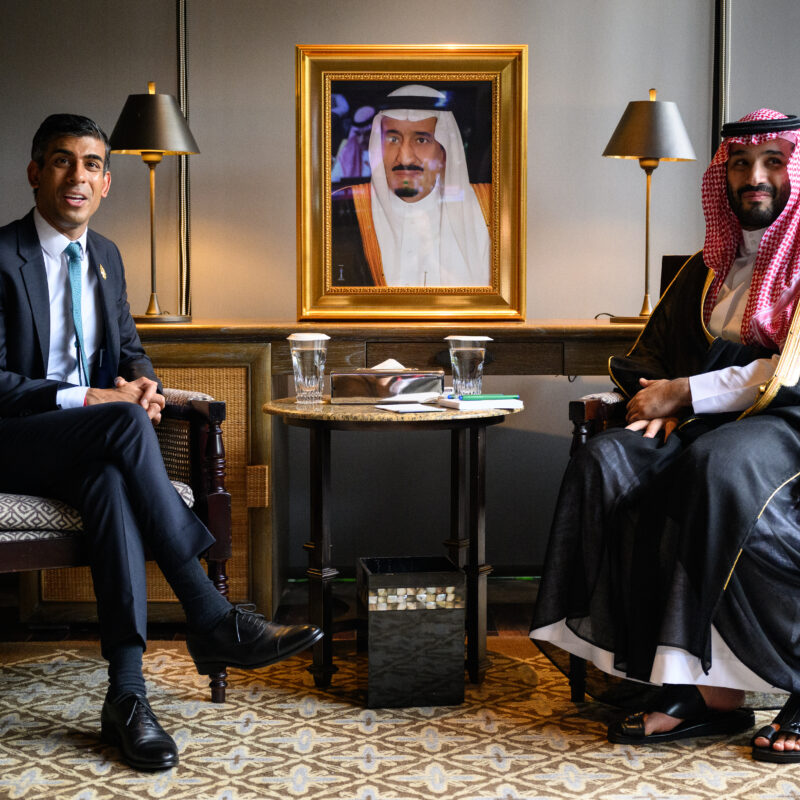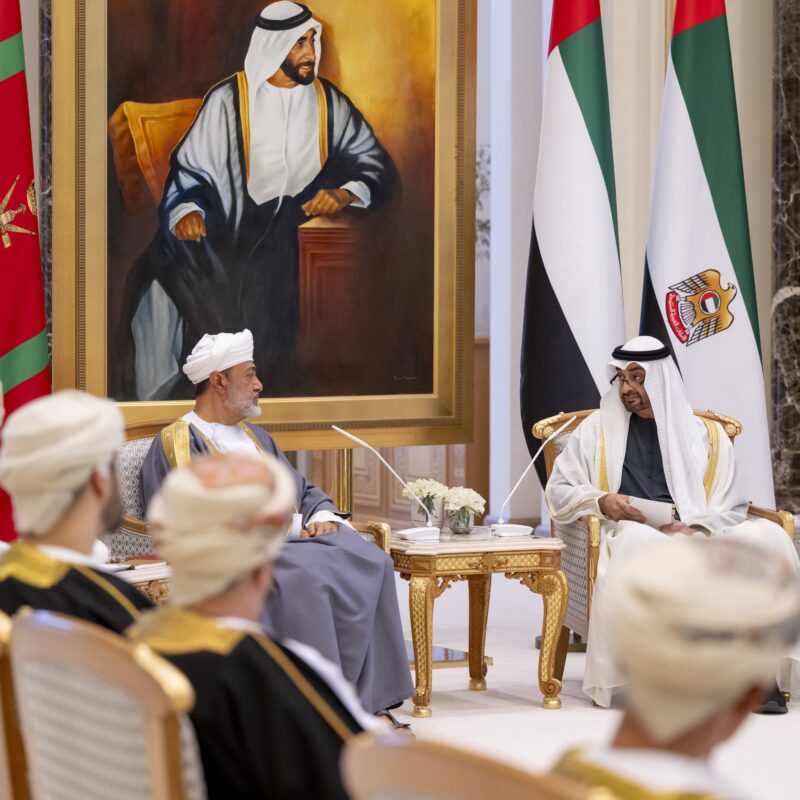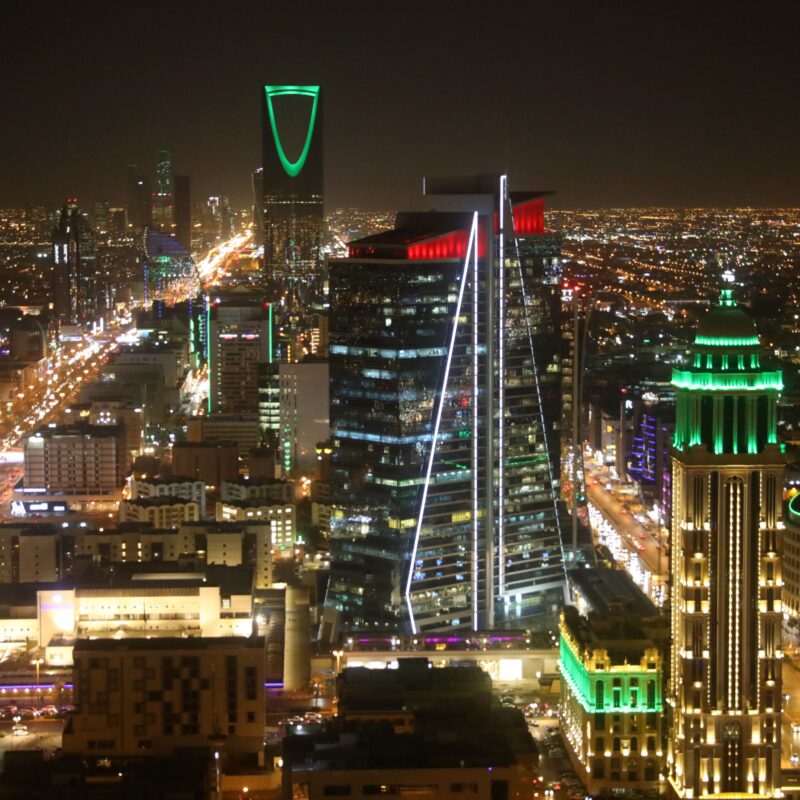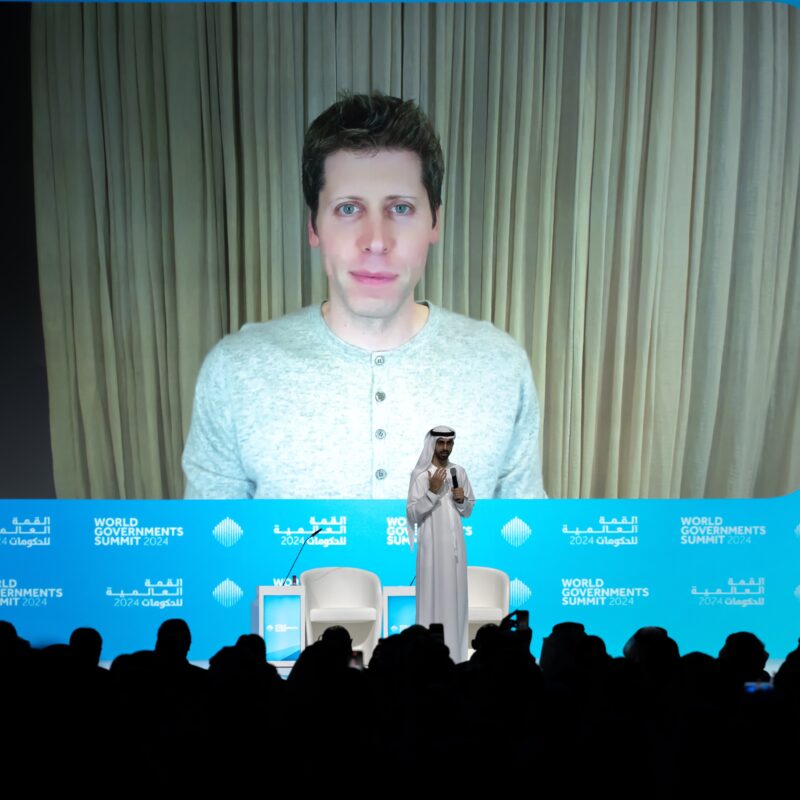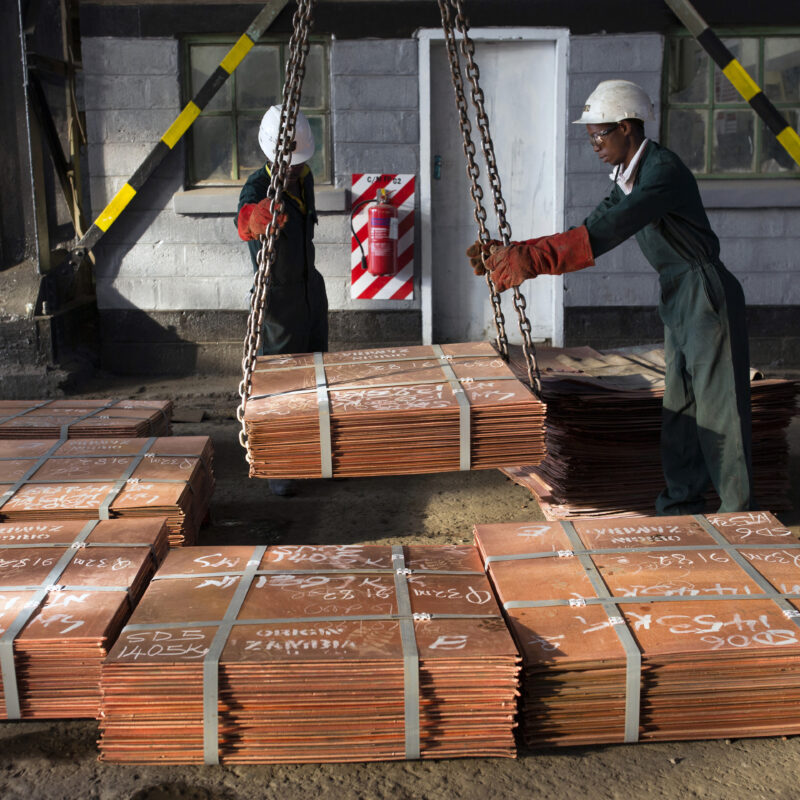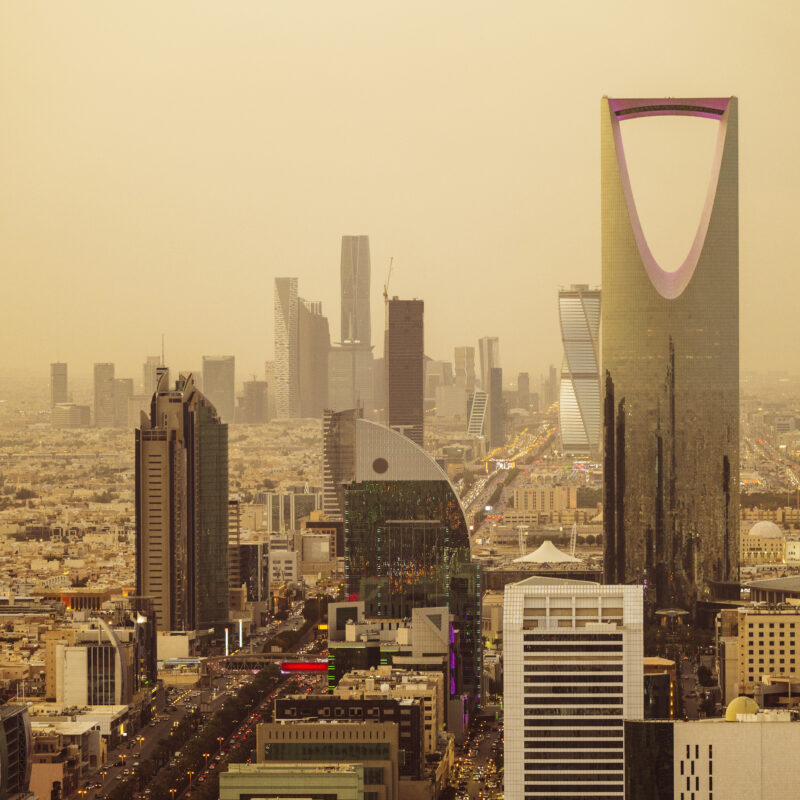Saudi ministers tout shift to investment from fossil-fuel dependence
Gulf offers alternative vision at Milken conference in Beverly Hills to investors reeling from bank collapses and high interest rates
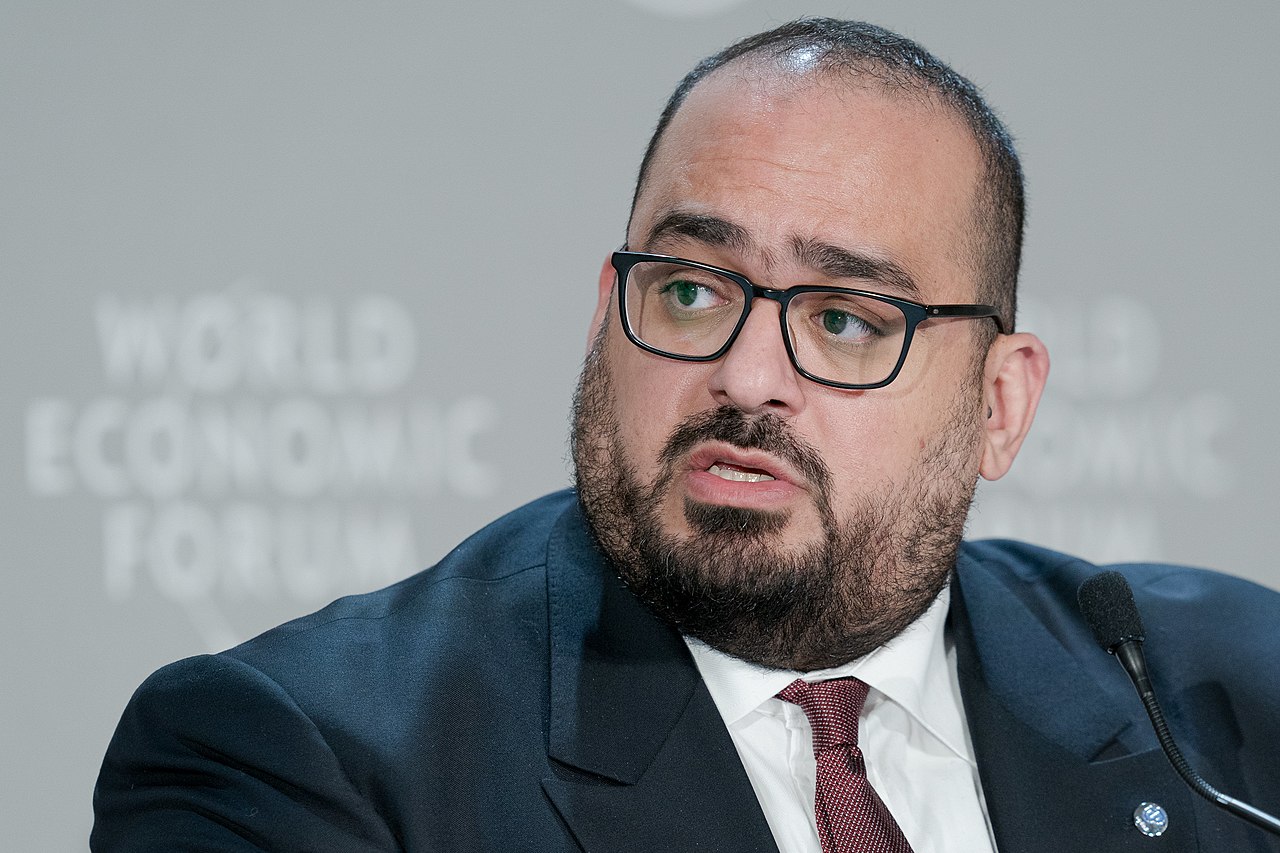
World Economic Forum/Manuel Lopez
Saudi Economy Minister Faisal Alibrahim in January at World Economic Forum in Davos, Switzerland
Amid warnings of more U.S. bank closures and a world economic slowdown, Saudi Arabia is looking for new opportunities to pour the kingdom’s petroleum wealth into international investment.
Two Saudi cabinet ministers, accompanied by representatives of the country’s sovereign wealth fund, traveled to Beverly Hills, Calif., for last week’s annual Milken Institute Global Conference, where the world’s top bankers and investors were ruminating on the global financial picture.
The Saudi minister for economy and planning, Faisal Alibrahim, spoke about his government’s efforts to “leapfrog away from oil” and diversify the economy through investing abroad in technology companies and developing commercial industries at home. Fueled by its $650 billion Public Investment Fund, Saudi Arabia is distributing venture capital and promoting the desert kingdom as one of the world’s fastest-growing tourist destinations.
“We have a very large VC ecosystem that is growing fast, one of the largest, if not the largest in the Middle East,” Alibrahim said. “We still have a long way to go, but it is something we are prioritizing.” Calling attention to the Neom megacity project on the Red Sea coast and development of plush resorts around the ancient desert city of AlUla, the minister said Saudi Arabia is reaching out to foreign travelers and entrepreneurs.
“We won’t shy away from investing in tourism and tourism-related sectors,” he said. “These are sectors that did not exist in the past, and we’re trying to catch up.”
Alibrahim and his fellow cabinet member, Investment Minister Khalid Al-Falih, joined panel discussions at the Beverly Hilton after a parade of bankers and world financial figures painted a gloomy picture of the coming months. The week had started with news that U.S. federal regulators had seized the offices of First Republic Bank and engineered its acquisition by JP Morgan Chase & Co.
The bank’s collapse, hastened by rising interest rates, have “exposed vulnerabilities in the financial sector” and business leaders must “anticipate shocks and be ready to act when they occur, because they will be coming,” International Monetary Fund Managing Director Kristalina Georgieva told the Milken audience.
Among other Gulf financial figures at the conference, Ibrahim Ajami, head of ventures at Mubadala Capital, an investment arm of Abu Dhabi’s $284 billion sovereign wealth fund, invited pitches from promising tech companies while cautioning that the current industry shakeout means they will be subject to intensified examination.
“The overall, overarching perception today amongst a lot of our VC colleagues is that everybody should go to the Middle East and raise capital, because that’s where the money is,” Ajami said, adding, “there’s a very high bar for it. Investors are much more sophisticated.”
While applying greater scrutiny, Ajami noted that Mubadala is invested in more than 100 venture capital firms and eager to finance the strongest and most innovative startups. “I just want to shift the narrative from one that says that capital has dried up and venture capital is no longer an interesting asset class, to one that says, you know, I think the industry is evolving,” he said. “Sovereign wealth funds are very key and central to this new chapter in venture capital.”
In the current financial environment, Ajami said investors need to be more realistic and free themselves from the dream of 10% and 20% returns. “It no longer exists,” he said. “If you are really, really good, it’s gonna be 2x or 3x on a net basis consistently.”
Among the 900 speakers who appeared during the five-day conference were Peng Zhao, CEO of Citadel Securities; Jane Fraser, CEO of Citigroup; Darren Woods, CEO of ExxonMobil; and David Malpass, outgoing president of the World Bank. The conference wrapped up with a performance by Motown legend Diana Ross.
On a panel exploring how to follow up on the 2020 Abraham Accords, Israeli investor Shlomo Dovrat said a shortage of trained software developers could be addressed within the MENA region through Israel-Gulf partnerships in technology education. He noted that Israeli companies employ about 40,000 software engineers in Ukraine.
“Why not Jordan and Egypt?” asked Dovrat, founder of Viola Ventures. “The salary level is, you know, over $100,000 and Israel will hire as many people as you can provide with your computer science graduates, and we are willing to invest in tools because it’s a strategic challenge for us.”
